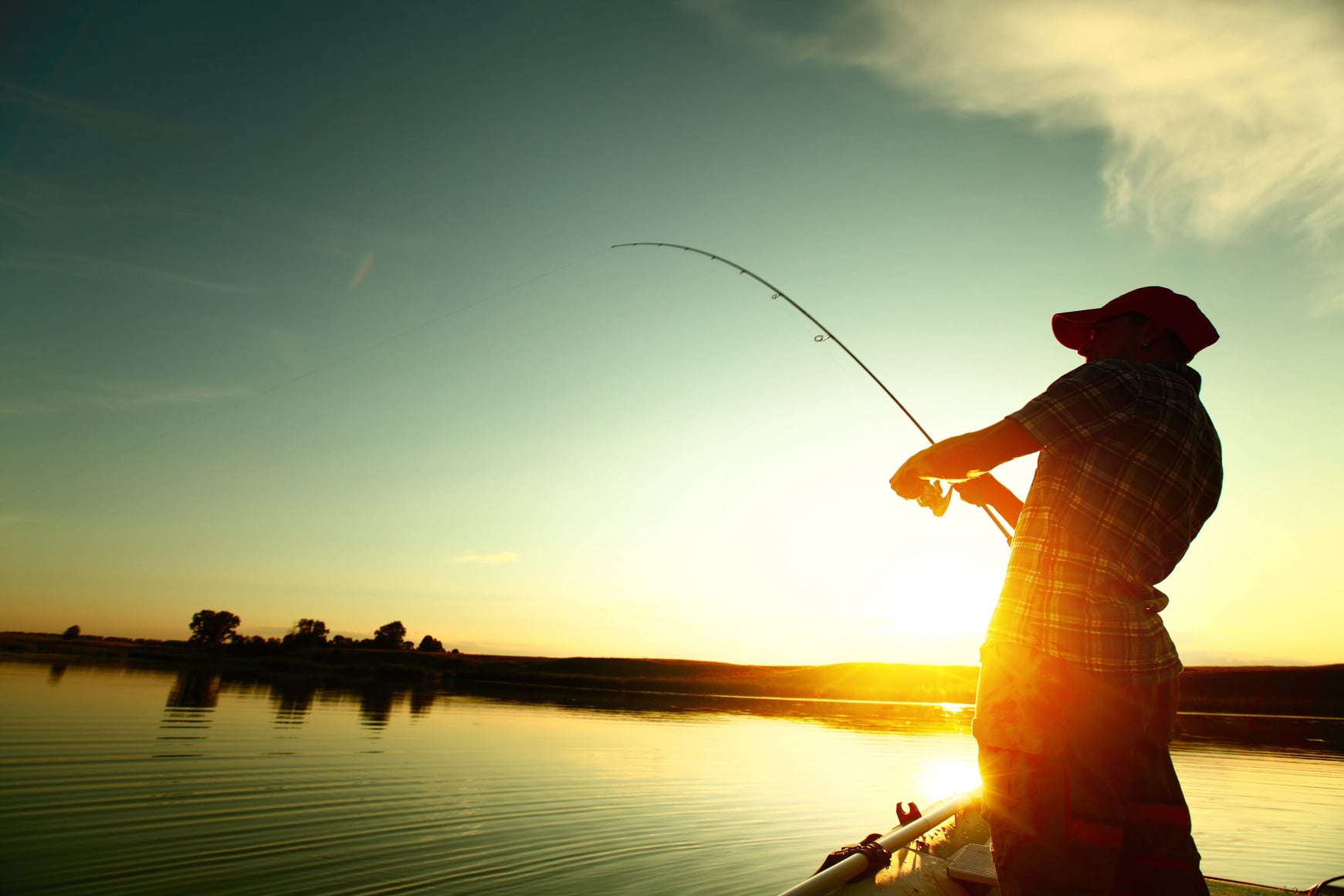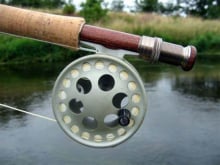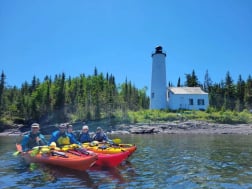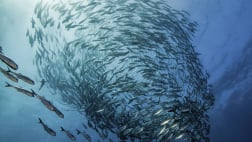Your ultimate guide to fishing adventures.
Welcome to Hook, Line & Thinker, your go-to destination for all things fishing. Our blog is dedicated to providing you with the latest tips, techniques, and stories from the world of fishing. Whether you're a seasoned angler or just starting out, we've got something for everyone. Join us as we explore the best fishing spots, share expert advice, and celebrate the joy of fishing.



